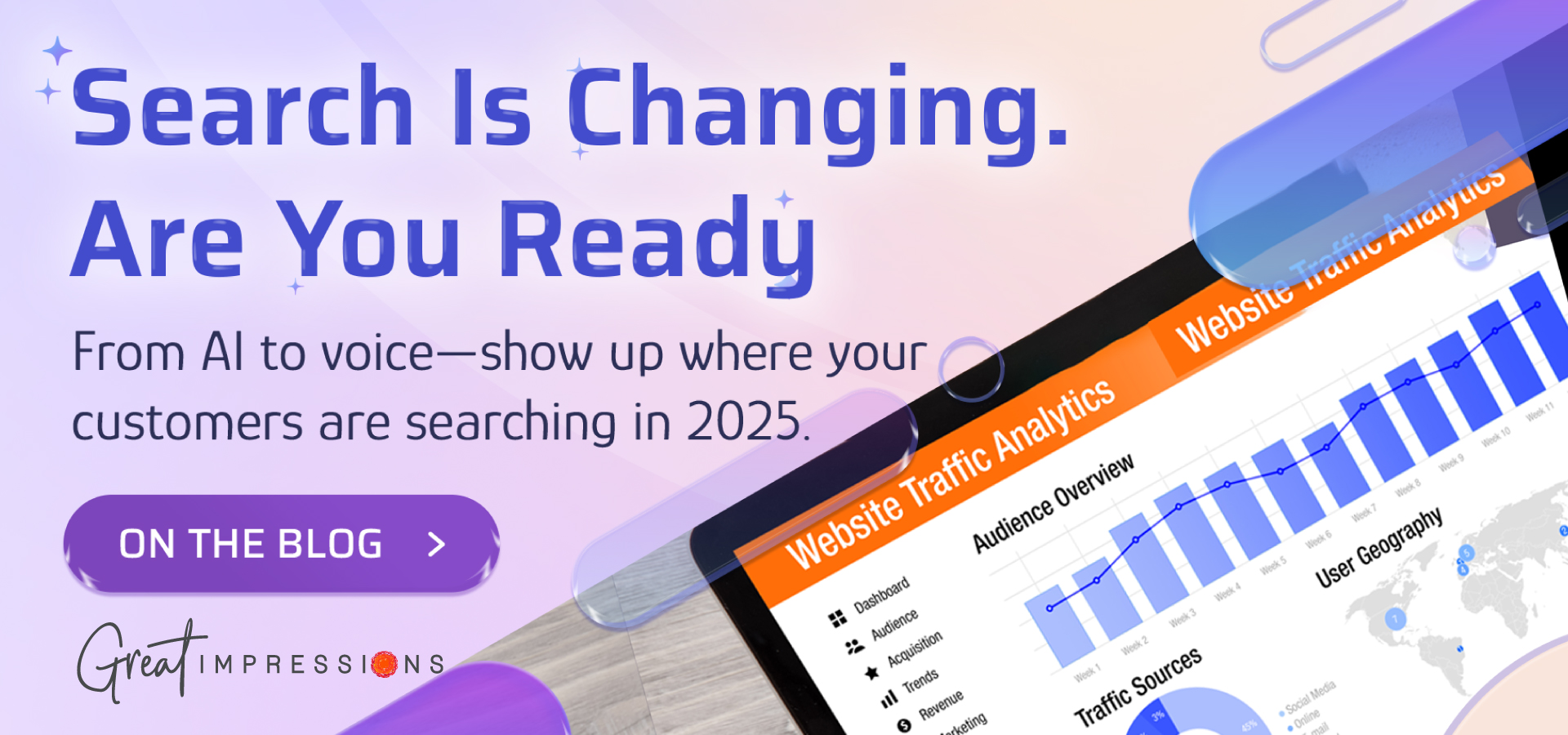Search Trends: As AI tools become more popular, search engines are changing. This raises the question: Will search engines be replaced, or will they work alongside AI platforms? In 2025, more people will use a mix of traditional search engines, AI tools, and social media to find information. Their use of these platforms is becoming more varied, and brands must adapt to better connect with their audiences.
Key Findings from the search trends
- AI Usage: 71.5% of users reported using AI-powered chatbots, though only 14% use them daily. Most users combine these AI tools with traditional search activities.
- Platforms for Specific Queries: People tend to choose different platforms depending on the type of query they are seeking. Their behavior varies based on what kind of information they are seeking.
- Generational Trends: There is a slight variation in AI adoption across generations, with all age groups using these tools.
Traditional Search Engines: Still a Vital Tool
Despite the rise of AI, traditional search engines remain crucial, particularly for general information and local business searches. Studies show that while AI tools are increasingly popular for more complex or conversational queries, traditional search engines dominate the search landscape.
AI and Traditional Search: Complementary, Not Competitive
The debate about AI replacing traditional search engines continues including Google’s very own AO Overview, but research suggests that AI tools are not replacing traditional searches but complementing them. Many users use AI for specific queries but rely on search engines for broader, general information.
AI Tool Usage Frequency:
- 14% use daily
- 23.3% use weekly
- 7.1% use monthly
- 27.1% use rarely
- 29% have never used them
This data suggests that while AI is carving out a niche for more detailed or specific queries, traditional search engines will remain relevant.
How Search trends & Intent Shapes Behavior
Some research also highlights how different types of searches lead people to choose other platforms:
- General Information: Traditional search engines still dominate for fact-finding and general inquiries, with 79.8% of users relying on them. AI tools are more popular for complex explanations, requiring step-by-step guidance or customized responses.
- Shopping: Product searches start with traditional search engines, followed by e-commerce platforms for direct product searches. Users turn to AI tools for product comparisons and recommendations, while social media aids in product discovery.
- Local Business Searches: Traditional search engines and map services are the primary go-to for local business queries. AI tools have not yet caught up in the local search arena, which conventional platforms dominate.
Search trend Behavior by Generation
AI adoption is widespread across all generations, but differences in how each generation uses these tools exist:
- Generation Z (Ages 18-26): They use multiple search channels and strongly prefer AI tools. Visual search and social media are their preferred ways to discover products.
- Millennials (Ages 27-42): This group blends traditional search with AI, using AI mainly for informational purposes in professional or educational contexts. Voice search is also standard among Millennials.
- Generation X (Ages 43-58): Generation X primarily uses traditional search engines and incorporates AI tools for content creation. Voice search is also gaining popularity within this group.
- Baby Boomers (Ages 59-76): Baby Boomers are the least likely to adopt AI tools but increasingly use voice search. This generation largely sticks to traditional search engines for their queries.
Key Takeaways for Businesses from search trends
As search behaviors evolve, businesses must adapt their strategies to remain visible across different platforms. Here are some key takeaways:
- Maintain a Strong Presence on Traditional Search Engines: AI may be the latest trend, but most searches—whether for general information or local businesses—still occur on traditional search engines. Focus on optimizing for these platforms while also addressing AI tools.
- Adapt Content for Multiple Search Types: Businesses should create content that caters to various search types, including general information, product inquiries, and local business searches. This will improve visibility across all platforms.
- Leverage AI Tools: AI-powered platforms are helpful for detailed searches and explanations. Businesses must ensure their content is optimized for these platforms, offering frequent and occasional AI users valuable information.
- Cross-Generational Strategy: While younger generations are often seen as early adopters of AI, older generations are also increasingly adopting these tools. Businesses should focus on search intent rather than age, ensuring their presence across all platforms.
Search behaviors in 2025 are evolving, but traditional search engines are here to stay. AI tools offer new ways to engage users, but they complement rather than replace traditional platforms. To remain competitive, businesses must maintain a strong presence across all search platforms, adapting their content to meet user needs and preferences.
Adapting to these changes will help businesses reach their audience more effectively and stay ahead in an increasingly digital and diverse search landscape.





